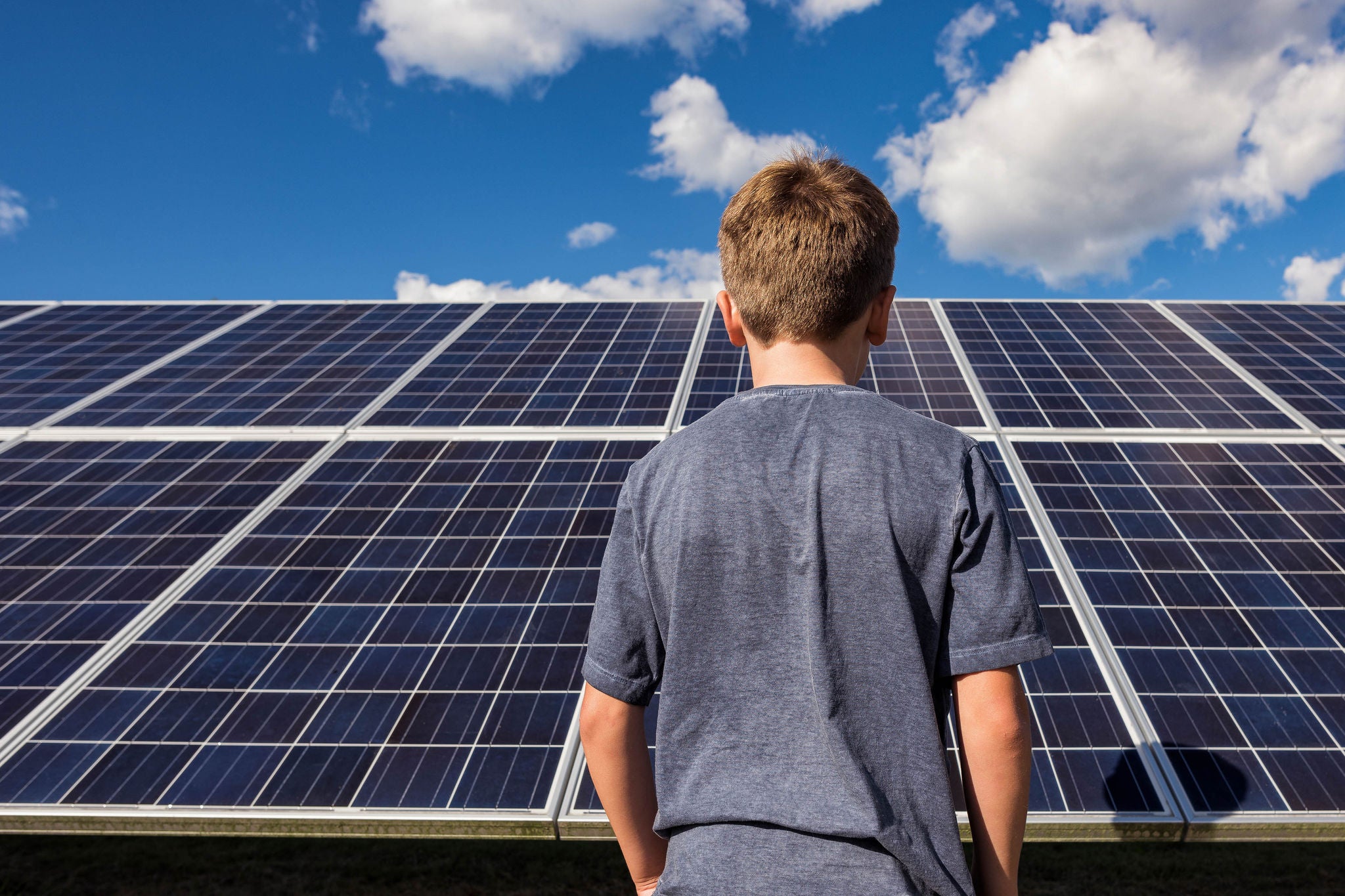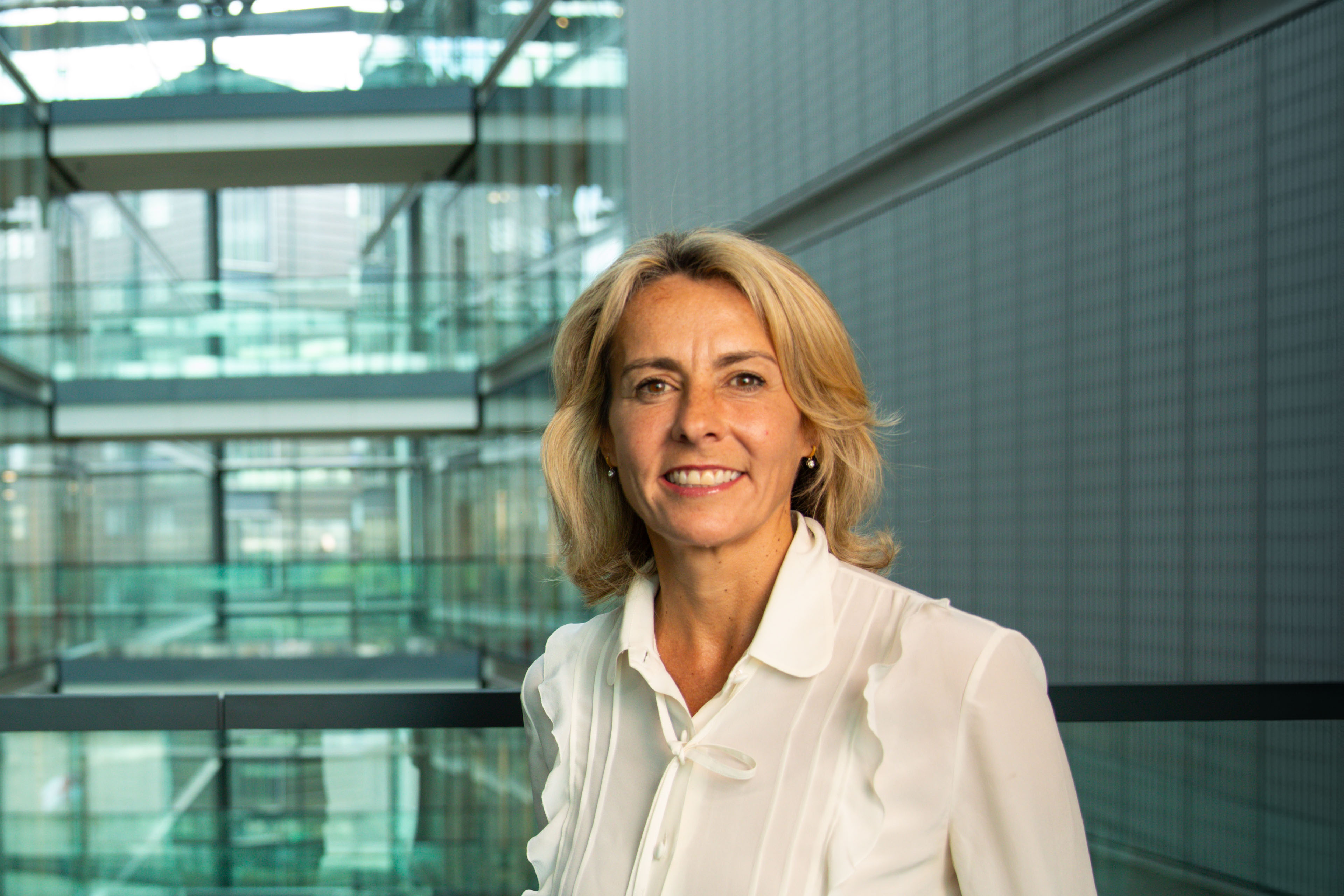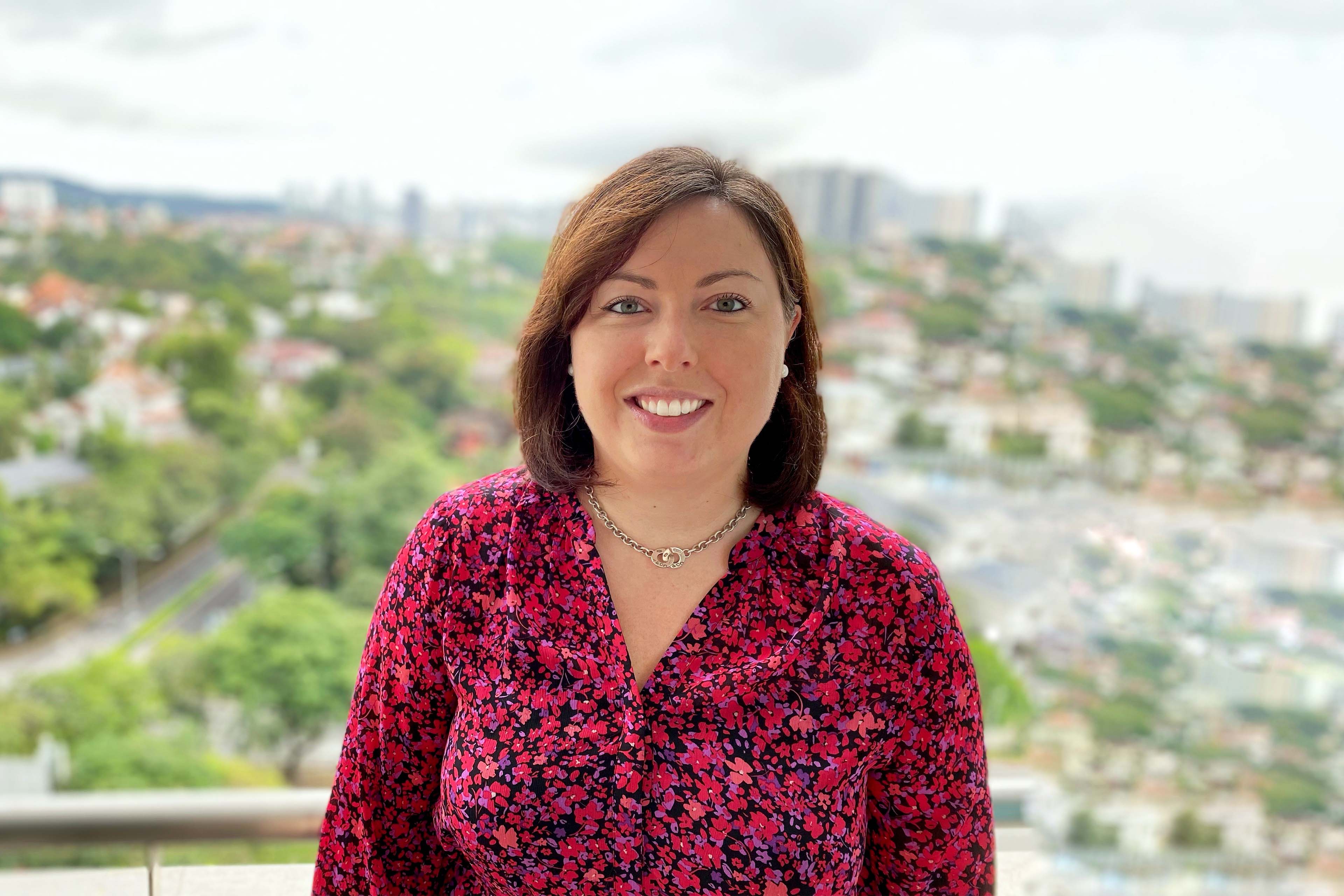EY refers to the global organization, and may refer to one or more, of the member firms of Ernst & Young Global Limited, each of which is a separate legal entity. Ernst & Young Global Limited, a UK company limited by guarantee, does not provide services to clients.
How business and Gen Z can work together to tackle climate change
EY teams are facilitating life-long learning on climate action and connecting the voices of Gen Z with business.
The better the question
How can tomorrow’s leaders help tackle climate change today?
Intergenerational decision-making is essential for addressing the climate emergency.
In 2015, the Paris Agreement set ambitious targets to escape irreversible environmental damage. In the years since, as the majority of nations and corporations have fallen short of their agreed targets, and as natural disasters have increased at an unprecedented pace, climate anxiety has continued to rise — especially among Gen Z.
More than any other generation, Gen Z engages with online content about the need for climate action. 37% rank climate change as their number one personal concern and 32% have personally taken action to address climate change in the last year — both higher rates than those displayed by Millennials, Gen X or Boomers1 — and more than three quarters of Gen Z want environmental literacy taught at school.2
Personified by Greta Thunberg, Gen Z’s concern for the climate crisis is matched only by their disillusionment at the level of inaction they feel is displayed by those in power. Youth disillusionment has increased sharply since the start of the pandemic, with 80% of young people reporting symptoms of depression, anxiety and disillusionment.3 Tellingly, more than two-thirds (67%) of Gen Z have spoken about the need for climate action at least once in the last few weeks and many wonder: is anyone listening to what we have to say?1
“Gen Z will disproportionately bear the burden of climate change, yet they feel unable to influence change in a meaningful way, as the business world is not engaging them enough,” says Gillian Hinde, EY Global Corporate Responsibility Leader. “To accelerate environmental sustainability, we need to hear Gen Z’s perspectives and capitalize on their energy and ideas, now and as they become future leaders.”
To accelerate environmental sustainability, we need to hear Gen Z’s perspectives and capitalize on their energy and ideas, now and as they become future leaders.

The better the answers
Engaging future leaders in setting the sustainability agenda
EY Future Skills Workshops and Climate Ideation Clinics support environmental sustainability.
This is the motivation behind EY Climate Ideation Clinics, an EY Ripples initiative in which future leaders are engaged to bring their fresh perspectives to real-world sustainability business challenges.
At the clinics, university students can examine the climate emergency through a new lens, voice their concerns about the climate crisis, and constructively work together to ideate actionable plans. They learn how climate change affects specific sectors and how companies are responding to the climate emergency. Small groups collaborate to come up with answers to sector-specific environmental problem statements; they then present their ideas and vote on the best ones, which feed into EY insights and inform the work we do with clients.
So far in 2021, EY Climate Ideation Clinics have engaged hundreds of young people across the UK, Italy, the Netherlands, Canada, the United States and Singapore — and they have generated many ideas.
For younger students, EY Future Skills Workshops equip those aged 5-24 with skills to navigate our changing world. Lessons are designed to facilitate conversation about environmental challenges and increase young people’s confidence to play an active role in climate solutions. Topics such as “Energy for change” and “Conscious consumption” empower them to create positive change for the environment through everyday actions. Working in collaboration with third parties and after-school programs, EY people facilitate these sessions as a knowledge exchange, sharing their experience, while actively seeking the ideas, responses, and reactions of Gen Z participants.
Since launching, over 100 EY people have run these workshops, positively impacting more than 1,150 lives in Honduras, Costa Rica, El Salvador, Panama, Japan, Zimbabwe and Italy.

The better the world works
Helping to accelerate the next generation of climate action
EY Ripples is creating long-term value for diverse stakeholders.
“It’s vital that we help the next generation to participate in the green economy by teaching them skills to design a better future and create value from sustainability,” says Steve Varley, Former EY Global Vice Chair — Sustainability. “What’s great to see is that, after participating in these EY Ripples sessions, young people and EY people alike are reporting that they found the activities valuable and inspiring.”
Young people reported that their understanding of environmental sustainability following the sessions increased from 74% to 87%. A university career coach was grateful that the clinics “exposed students to real-world problems.” Finally, EY facilitators have said that they were “proud to be part of it,” that “it really adds a lot to the EY experience,” and that it was “a great opportunity to capture new environmental insights to pass on to EY colleagues and clients.”
These outcomes demonstrate that moving the needle on sustainability will require a different kind of education for the next generation — one that promotes environmental literacy while nurturing skills such as critical reasoning and problem solving, creativity and innovation, and communication and collaboration. In combination, these skills are increasingly important to ideating and scaling better answers to the interconnected challenges of climate change and social inequality.
Importantly, addressing these matters in the classroom is not only about solving problems for tomorrow. Engaging Gen Z in climate literacy today helps to ease their sense of disillusionment and concern, and gives them a pathway for taking meaningful action on the climate emergency, starting right now.
As the world seeks to tackle the climate emergency and create a new set of commitments at the UN Climate Change Conference this year (COP26), EY Ripples initiatives will continue bringing generations together, providing lifelong learning on sustainability and amplifying the voices of those who will be most impacted by climate change.
Find out about the EY commitment to net zero and how we’re working with clients on sustainability, creating long-term value and sustainable, inclusive growth.
Find out about opportunities to join us.
It’s vital that we help the next generation to participate in the green economy by teaching them skills to design a better future and create value from sustainability.
How EY can Help
-
The EY Ripples program includes a focus on new behaviors, technologies and business models that protect and restore the environment. Learn more.
Read more - Read more
-
Sustainability and ESG services that help protect and create value for business, people, society and the world. Explore the depth and breadth of EY services and solutions.
Read more
The team
Related articles




